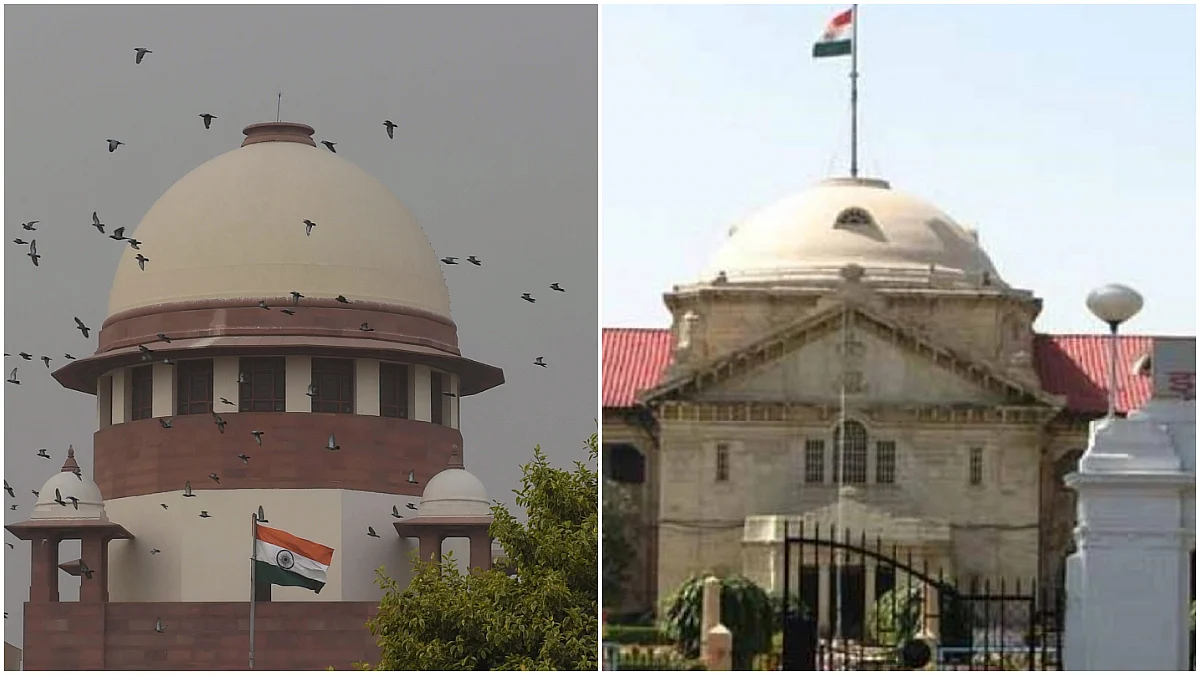Chennai: In a significant political move aimed at redefining Centre-State relations and reinforcing federal principles, Tamil Nadu Chief Minister M.K. Stalin on Tuesday announced the formation of a three-member high-level committee to recommend steps to strengthen the autonomy of States. Making a suo motu statement under Rule 110 in the Legislative Assembly, Stalin emphasised that the time had come to revisit the constitutional framework guiding Indian federalism.
About The Committee
The committee will be chaired by Justice Kurian Joseph, retired judge of the Supreme Court. The other members are K. Ashok Vardhan Shetty, retired IAS officer and former Vice-Chancellor of the Indian Maritime University, and M. Naganathan, former vice-chairman of the State Planning Commission.
The committee has been tasked with a wide mandate: reviewing constitutional provisions, laws, and policies governing Centre-State dynamics; recommending ways to restore subjects shifted from the State List to the Concurrent List; suggesting reforms for administrative autonomy; and considering earlier recommendations from commissions like the Rajamannar, Sarkaria, and Punchhi Commissions.
Tamil Nadu CM M K Stalin Addresses The State Assembly
Addressing the Assembly, Stalin noted that “India, as envisioned by Dr. B.R. Ambedkar, was never meant to be a unitary State but a Union of States.” He lamented the steady erosion of States' powers over the decades, stressing that Tamil Nadu has long championed greater State autonomy. “For the nation to progress, every State should be empowered,” he said.
Stalin recalled that it was former Chief Minister M. Karunanidhi who, in 1969, pioneered the demand for State autonomy by setting up the Rajamannar Committee. Its key recommendations were adopted by the Tamil Nadu Assembly in 1974. Subsequent Union governments formed the Sarkaria and Punchhi Commissions, but their detailed reports have largely been ignored, he said.
He alleged that the current Union government is shifting key subjects such as health, law, and finance from the State List to the Concurrent List, undermining State powers.

On The Imposition Of NEET
Criticising the imposition of NEET, Stalin said the centralised medical entrance test has “disadvantaged rural and poor students” and failed to recognize Tamil Nadu’s century-old tradition of producing top doctors. Despite the State passing a law seeking exemption from NEET, it has not received the President’s assent.
On National Education Policy
The Chief Minister also took aim at the National Education Policy (NEP) 2020, stating that the push for a three-language formula was an attempt to impose Hindi. “As punishment for resisting this, the Centre has withheld ₹2,500 crore under the Samagra Shiksha Abhiyan,” he said, adding that education must be restored to the State List.
On Fiscal Matters
On fiscal matters, Stalin highlighted the disparity in revenue devolution, stating that Tamil Nadu receives only 29 paise for every rupee it contributes to the Union. The implementation of GST, he said, has hurt the State’s manufacturing sector and undermined fiscal autonomy.

He also raised concerns over the proposed delimitation, which could reduce Tamil Nadu’s parliamentary representation due to its success in population control.
Stalin concluded by calling for a renewed push toward cooperative federalism, quoting both B.R. Ambedkar and James Madison to underline that State and Union governments must function as co-equal entities within their constitutional boundaries.











